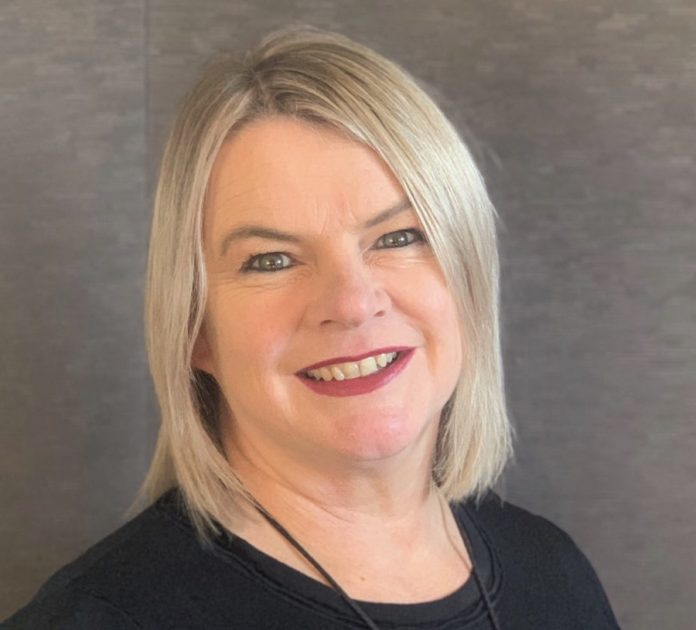The woman tasked with delivering Australia’s aged care workforce strategy has called for workers to be paid an equivalent wage to those in other care industries.
Aged Care Workforce Industry Council Chair Louise O’Neill said aged care workers should be able to expect they would receive equivalent wages and conditions – with the same level of qualifications – across health and disability care industries.
“Any working in a care industry should be able to transport their roles between comparable jobs with the same financial outcome and conditions,” she says.
“Why is a registered nurse in aged care not a clear specialty, for example, to acute care or emergency or ICU, and why does it not have pay parity in that regard?
“What is the value we place on caring for older people at the end of their life compared to what we place on a younger person?
“To me that gets caught up in how much we pay our workforce and how much we value that workforce. There are certainly areas we want to work on improving.”
Aged care and its ongoing workforce issues are expected to form a significant part of the Australian Government’s response to the upcoming findings of the Royal Commission into the industry’s safety and quality.
This week Prime Minister Scott Morrison flagged funding for the sector would be a cornerstone of this year’s Budget, highlighting that workforce issues would be a “key focus” of the official response.
“Workforce challenges are some of the biggest challenges Australia faces economically,” he told the Press Club on Monday.
In aged care, the strategy to overcome these is multipronged. Outlined in the A Matter of Care report, it involves changing perceptions of the industry, reskilling and upskilling and increasing standards and quality.
Ms O’Neill said the industry voluntary code of conduct – a key initiative from the strategy – would be launched officially on Friday, together with Aged Care Minister Richard Colbeck.
“They’re aspiring to much higher than what the standards expect,” she said.
“This is around people are delivering much better quality for consumers and much better outcomes for workers in in the workplace as well.”
Another key initiative, a public awareness campaign aimed at improving perceptions around working in the industry, would launch in March, she said.
“[Aged care] doesn’t have the same gravitas to draw people in, and that has been lacking,” she says. “It shouldn’t be an issue for the sector because it’s a great sector to work in. There are some fantastic roles.
“Much of what we do is about showcasing what are all the fantastic elements of aged care for the workforce.”
Overall, improving the image and workforce issues would “take a huge effort” to achieve, she said.
When asked about the impact of Covid-19 and reduced international immigration on the staff recruitment, Ms O’Neill said there was insufficient data to determine yet.
But she said anecdotally, there were some affects in the system.
“The aged care system definitely feels the effect of reduced immigration,” she said “You are now completely trying to recruit in a domestic environment and we feel the effects of JobKeeper.
“It will be interesting at the end of March, whether that benefits care sectors [when the JobKeeper wage subsidy is removed for many companies].
“That flow of immigration, I would see that reducing the amount of flow into regional areas as well.”
Getting the funding and structure of the aged care system will also impact how workforce issues are resolved, pointing to the sharp rise in home care packages where people will have higher care needs.
She also noted the different structures of the disability sector, where funding followed the individual.
“You have one sector that has no means testing and people are allowed to choose their own carer and purchase their workers and pay them whatever amount,” she said.
“And you’ve got another very similar system where people are means tested and do contribute financially to their own care but cannot pick their individuals workers and there are restrictions around that, how do you make sure you’re getting enough workers of the right quality?
“And then you’ve got healthcare which is also competing with that.
“It has to be more harmonised and equitable,” she said.
“At the moment the systems aren’t equitable to meet the workforce needs of the people. It’s almost like they’re working against each other. That creates an issue around quality of care and the amount of workforce you have – overworked and underpaid.
“The Council is very committed to working with the government and the sector to resolve this.”










